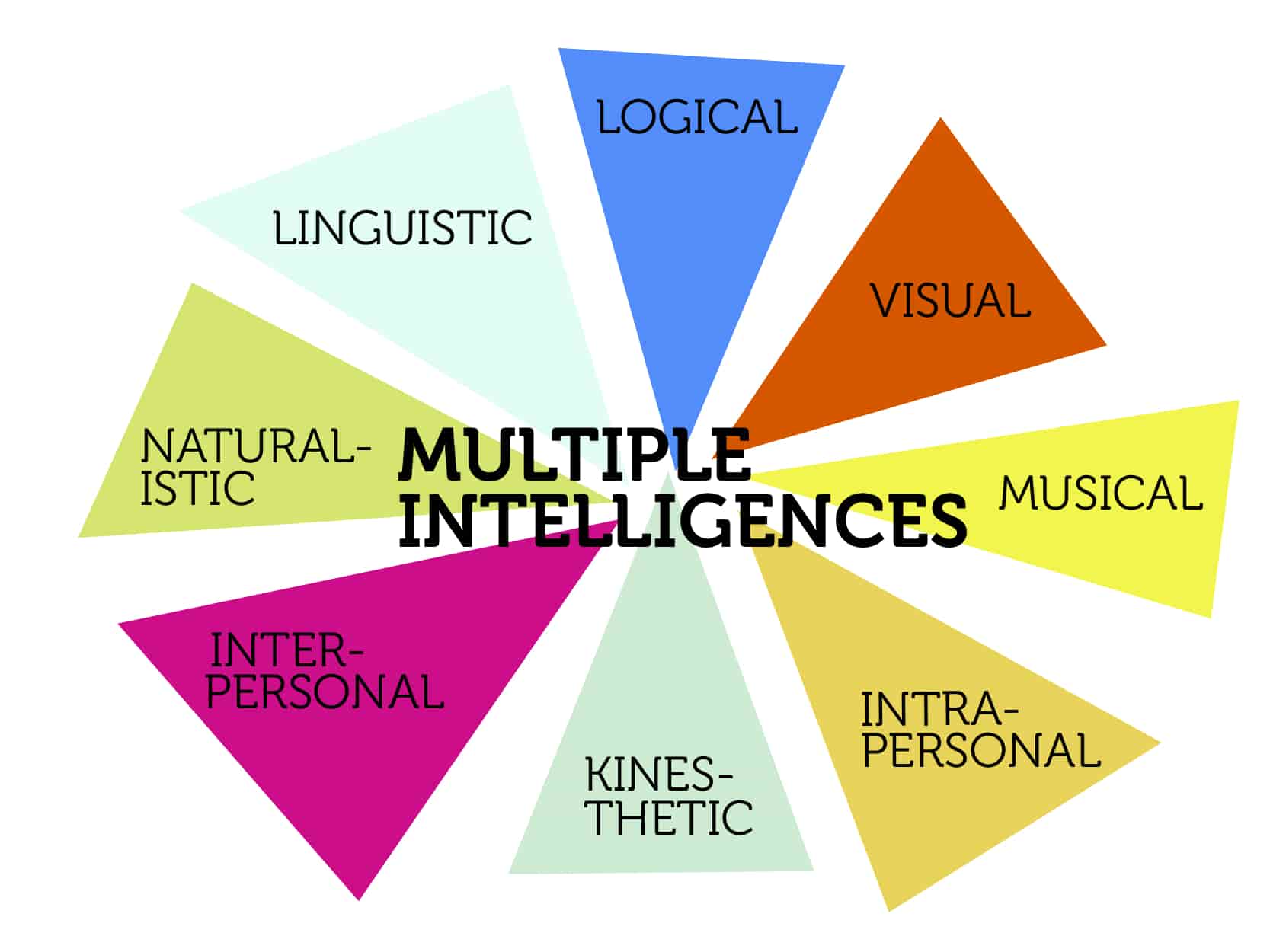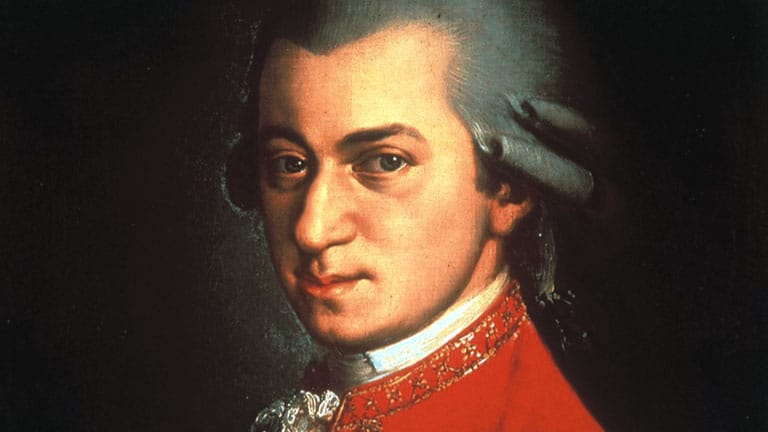How many of us can name a person who is a math wizard but has terrible spatial awareness? Or someone who could write a novel in just a few weeks, but can’t figure out what’s 9 x 9?
Welcome to the theory of “Multiple Intelligences”.
Harvard psychologist Howard Gardener first introduced his Theory of Multiple Intelligences in 1983. Since then it has gained traction and more and more people are paying attention to its central idea: that intelligence cannot be quantified as a whole, but rather should be broken down into multiple separate disciplines and assessed separately.
We all know this is intuitively true.
The fact is that this theory makes perfect sense. Intelligence is not just one overall IQ. We all as individuals have strengths and weaknesses in different areas and we all have the ability to discover, harness and develop our strengths to maximize our chances of success.
Understanding Multiple Intelligences Theory
Gardener identifies eight separate areas of intelligence. Let’s take a look at them so that we can discover your natural strengths. As you read, you’ll probably already have a good feeling for what your strengths and weaknesses are.
The first is Logical-Mathematical Intelligence. People who have strong logical-mathematical intelligence tend do be analytical and good at subjects which require critical thinking and following systems to find solutions. They could be great engineers, scientists, doctors and problem solvers.
The second is Linguistic Intelligence. Have you ever met a polyglot or someone who can speak several languages and just seems to pick them up naturally? If so, these people likely have a very strong linguistic intelligence. They make excellent interpreters and can often find roles working for newspapers or the military, or in aid work.
The third is Interpersonal Intelligence. I have a friend who can talk to a complete stranger and make them feel that they have known them forever within just a few minutes. He has very strong interpersonal ntelligence and can understand people, their values and what they are thinking easily. People in this category make great therapists, journalists and psychologists. They just “get” people.
The fourth type of intelligence Gardener recognized is called Intrapersonal Intelligence. This is different from Interpersonal Intelligence because it involves understanding your own mind, emotions and being aware of yourself. They make great philosophers and also do very well in the field of business where one has to be able to manage his emotions under severe pressure.
The fifth type of intelligence Gardener recognized is Musical Intelligence and is self-explanatory. I for one could use more of this! However, there are some people out there who just intuitively understand music, can play multiple instruments, create beats and have a natural talent when it comes to this area. Do you know anyone like that?
The sixth type is called Bodily-Kinesthetic Intelligence. This is simply being aware of and in control of your body and movement. People blessed with this type of intelligence make great dancers and sportspeople. They are often the gifted athletes and dancers in school and college and go on to have careers in these areas.
The seventh type is called Natural Intelligence. People who have a strong natural intelligence are likely to enjoy time spent in nature, engage in bird watching and other outdoor pursuits, understand how our environment in interconnected and needs to be cared for, and excel at other topics related to the natural world. These are the guardians of the earth and natural world, and are becoming increasingly important in our times. They may also make great hunters, being able to track animals easily and they tend have great outdoor survival skills.
The eighth and final type of intelligence recognized by Gardener is Spatial Intelligence. Also known as “picture smart”, people with a strong spatial intelligence can easily build a map of the world around them visually in their minds. They never get lost, can drive large articulated vehicles with ease, always have their bearings and are often very good designers, being able to visualize and conceptualize theoretical products in three dimensions.
To Sum Things Up…
Howard Gardeners Theory of Multiple Intelligences is growing year on year and so it should! We all have our strengths and weaknesses and don’t deserve to be classified as more or less intelligent based on our ability to excel in one or two subjects.
The best news of all is that the theory clearly states that while we all have natural abilities in each area, with some being stronger than others, they can all be developed, nourished and improved, allowing us to reach our full potential in any given area of intelligence we desire.
So harness your strengths, improve on your weaknesses and develop Multiple Intelligences!
P.S A private tutor can also help you to take your strengths and develop them to their full potential or work on your weaker areas of intelligence.
Discovered your hidden talents? Want to share your weaknesses? Let us know in the comments below!





